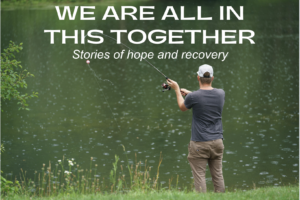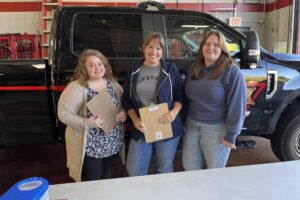HCS Project Updates: Moving Into Implementation
Over the course of 2022, the Opioid Task Force workgroups examined local data, studied the evidence-based strategies, and made recommendations to the Leadership Team
- The Opioid Task Force has 56 members from over 19 different agencies.
- In addition to a Leadership Team, the Task Force has topically focused workgroups (Naloxone and Medication for Opioid Use Disorder) as well as some focused around specific groups or sub-projects (the Lived Experience group allowed people with personal experience of opioid use or use disorder to give direct input; the Communications workgroup will design and run three awareness/anti-stigma communications campaigns).
- They mapped out what strategies will work best for Cortland, and how to allocate money and other resources to implement those strategies in a meaningful and sustainable way.
- The Leadership Team, Lived Experience Group, and Columbia research team then approved a detailed Action Plan based on those recommendations.
The Action Plan includes 15 strategies that cover naloxone distribution, safer opioid prescribing, safer drug disposal, and expanding, linking people to, or retaining people on medication for opioid use disorder (MOUD).
In Cortland County in 2023, we expect that these strategies will
- Expand existing naloxone distribution efforts (and help target them to the people who need them most)
- Increase the number of people receiving MOUD
- Increase the number of providers prescribing MOUD
- Increase the number of people referred to MOUD providers
- Engage more people who are on MOUD in behavioral health services and supports
- Engage primary care providers to assess their prescribing patterns and adopt best practices
With the start of the new year, the HEALing Communities Study moves into its next phase: implementation.
- Over the course of 2023, the Healing Cortland Team will work with Columbia University and local organizations to implement these strategies.
- We have resources for training and technical assistance–in addition to funding–to help ensure we implement these strategies in meaningful, thoughtful, and sustainable ways.
In March, we will launch our second of three communications campaigns aimed at raising awareness of services and reducing stigma around opioid use and opioid use disorder.
- The 2023 communications campaigns will focus on medication for opioid use disorder. First addressing awareness and stigma, then focusing on retention and engagement.
- Email aparrott@cortlandareactc.org if you would like to get involved.
- Expand existing Drug Take-Back Events and other disposal efforts.






